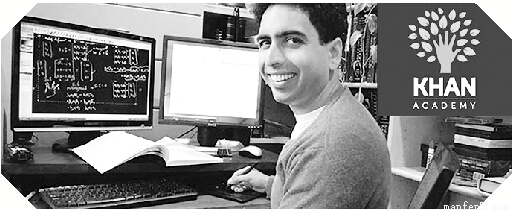假设你是李华,你的笔友Jason 对中国文化非常感兴趣,打算来中国参观一些世界文化遗产。请你根据所给信息,给Jason写一封电子邮件,介绍洛阳的龙门石窟。
名称 | 龙门石窟(Longmen Grottoes) |
地理位置 | 位于河南省洛阳市南郊的伊河两岸,离市区12.5公里。 |
开凿时间 | 从北魏至北宋,历经400多年。 |
艺术价值 | ① 是中国古代雕刻艺术的重要组成部分,现存有窟龛(niche)2300多个,造像(image)10万余尊; ② 反映了中国古代政治、经济(economy)、宗教、文化等许多领域的发展变化。 |
注意: 1. 词数100左右(开头和结尾已给出,但不计入总词数);2. 可以适当增加细节,以使行文连贯。
Dear Jason,
I am glad to know you are coming to visit China. I am writing to recommend one of the World Heritage Sites in China — Longmen Grottoes.
_____________________________________________________________________
_____________________________________________________________________
_____________________________________________________________________
I hope you’ll have a good time in China.
Yours,
Li Hua

